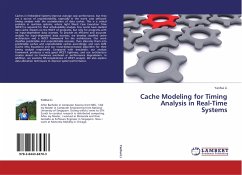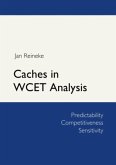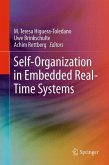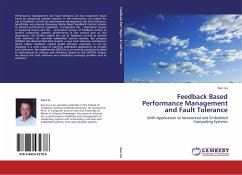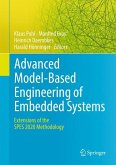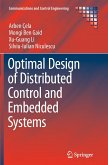Caches in Embedded Systems improve average case performance, but they are a source of unpredictability, especially in the worst case software timing analysis with the consideration of data caches. This is a critical problem in real-time systems, where tight Worst Case Execution Time (WCET) is required for their schedulability analysis. Few works have studied data cache impacts on the WCET of programs, but only for programs with no input-dependent data accesses. To provide an efficient and accurate analysis for input-dependent data accesses, we develop classified cache architecture and a WCET framework for the architecture. Our work classifies predictable and unpredictable accesses, then allocates them into predictable caches and unpredictable caches accordingly, and uses CME (Cache Miss Equations) and our reuse-distance-based algorithm for their timing analysis respectively. Compared with simulation, our analysis framework produces a very good WCET tightness, and our architecturecreates almost no hardware overhead or performance degradation. In addition, we examine NP-completeness of WCET analysis. We also explore data allocation techniques to improve system performance.
Bitte wählen Sie Ihr Anliegen aus.
Rechnungen
Retourenschein anfordern
Bestellstatus
Storno

